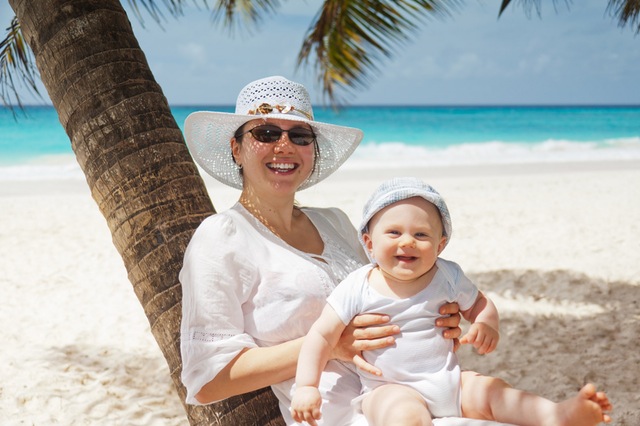In this youth-obsessed culture, it’s not too surprising that some young people view older people with disdain.
The problem, some researchers say, is when that “ageism” results in negative discrimination, or if younger people develop an unhealthy fear of getting older themselves. Or worse, when older people are exposed to negative stereotypes about aging — and even come to accept them as true — their health and memory can worsen. Some studies have found it can even shorten their life expectancy.
A newly published study by researchers across the country, including one with the Health Collaborative in San Antonio, examined the attitudes of a group of more than 600 college students regarding people over age 65.
The study measured the students’ attitudes through a series of questions ranging from mildly negative (“Most old people get set in their ways and are unable to change”) to overtly discriminatory (“In order to maintain a nice residential neighborhood, it would be best if too many old people did not live in it”).
Then the researchers compared those views according to the students’ own profiles and life histories.
What they found is that young people who spent meaningful time with older people were less likely to view them negatively, said co-author Caroline Bergeron, a program manager with the Health Collaborative. University Health System is a member of the Health Collaborative.
“The results were interesting,” Dr. Bergeron said. “Interacting frequently and living with older adults increases your understanding of older people and the process of aging.”
That means that bringing younger and older together might help overturn these negative stereotypes. The researchers pointed to a program in France called “One Roof, Two Generations” that encourages young people to rent a room from older people, helping with chores in return for low rent.
The study, published early online in the journal Geriatric Gerontology International, found that women and African-Americans also were less likely to harbor negative feelings about older people as a group. Interestingly, students who served in volunteer roles that put them in contact with older people were just as likely to embrace a negative stereotype of older people as those who didn’t have much contact with them. The researchers said the level of interaction may be superficial for many volunteers.
While the students in the study were enrolled in Florida, similar patterns could be expected across the country and internationally. In fact, Dr. Bergeron is doing additional research on ageism among minority older adults in Ottawa, Canada to examine the intersection between age and race. She is also involved with a support group of grandparents raising their grandchildren in San Antonio — an act she finds heroic.
“In the support group meeting yesterday, there were about 20 grandparents around the table,” she said. “Together they were raising 54 grandchildren. It’s an example of how older adults are stepping up and making an important difference in our community.” This type of intergenerational contact can help increase respect and positive views toward aging and older adults, she added.

